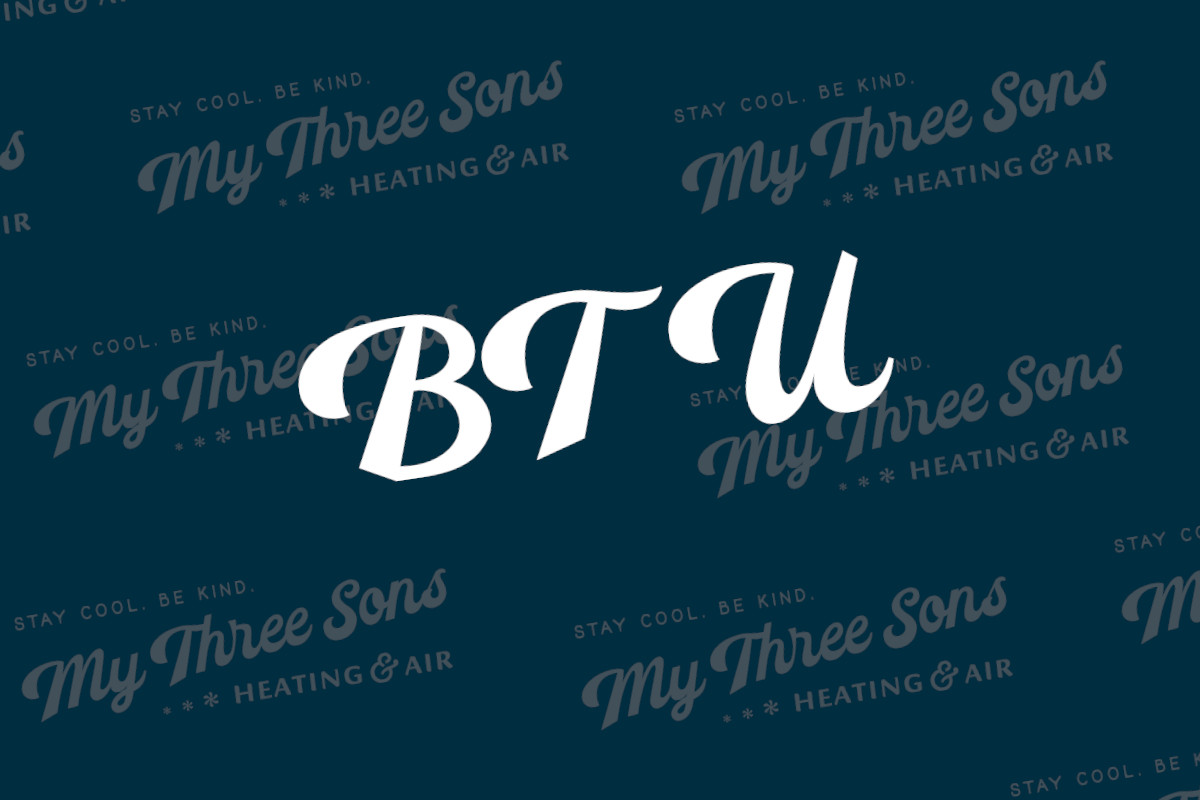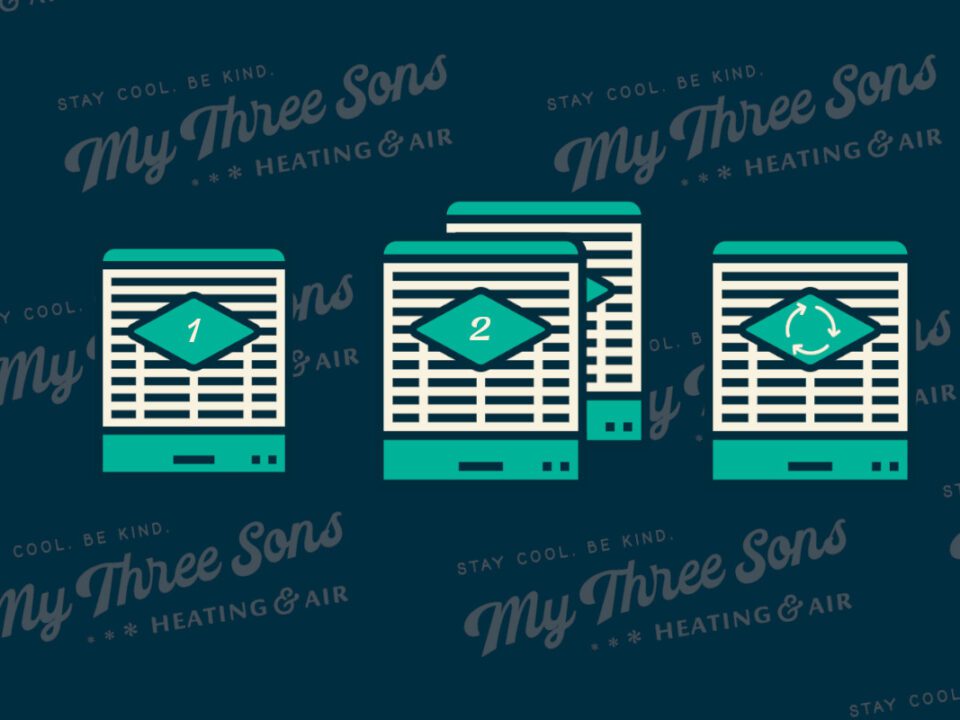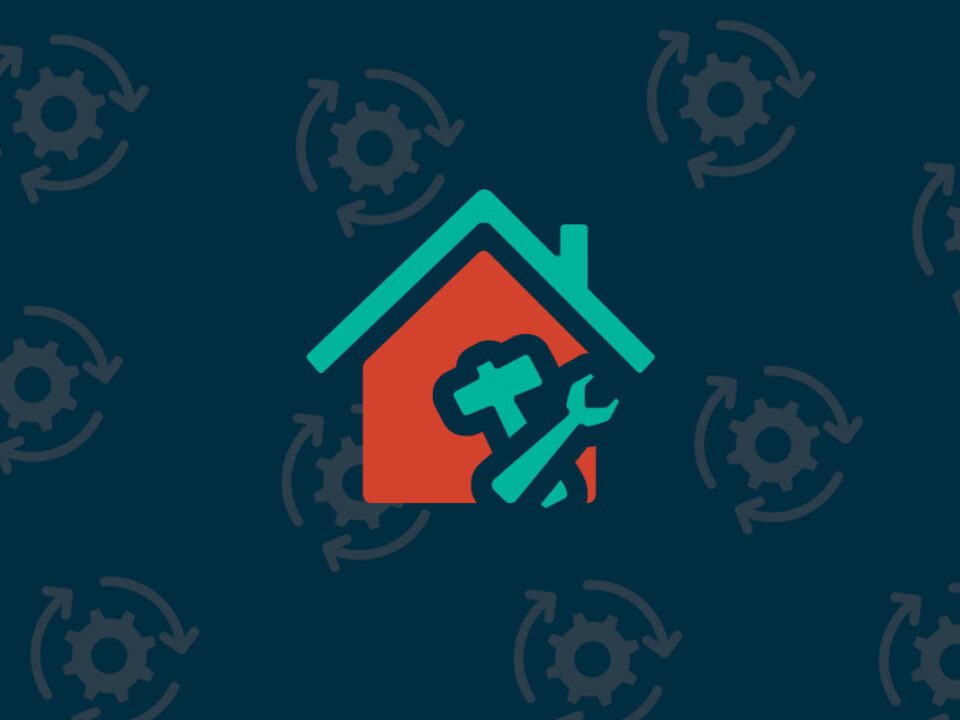A BTU Breakdown: What It Is And Why It’s Important For Your Lowcountry Heat Relief
While summer may be coming to a close here in the Lowcountry, summertime temps are sure to stick around for another few months.
If you’re like several Charleston area homeowners, you may run into issues with your air conditioning system.
Whether that’s a traditional central AC unit or a heat pump system, if those issues keep piling up the time to install a new system to replace your existing unit may be closer than you anticipate.
While there are many different terms you’ll encounter in discussing your new installation with your AC company – like system operation – one of the more important terms is BTU.
The HVAC industry is full of acronyms – from MERV to SEER to CFM; there are many different shorthand ways of describing the world of heating and air conditioning – including BTU.
While you don’t need to know and understand every acronym in the HVAC world, BTU is of particular importance as it can have an impact on the size of your HVAC system.
As you’ll see below, the size of your system is vital to get correct, so to help you out below is a quick, but thorough explanation of BTUs for Lowcountry families.
The BTU Acronym
First and foremost, let’s take a look at what exactly “BTU” stands for: British Thermal Unit.
The BTU is a measure of heat — in particular how much heat is required to raise (or lower) the temperature of one pound of water.
While this is a bit more technical, it’s just a shorthand way to understand how much energy is needed to remove heat from your home during the summer (or pull heat back in, in the case of a heat pump).
The higher the BTU of an HVAC system, the more energy it uses during its operation.
There’s Also BTUH
Not to add too much complexity here, but I want to add that BTUH is another acronym you might want to understand.
BTUH is just BTUs Per Hour — the amount of heat a system can remove from a space during one hour of operation.
How BTUs Are Important To Charleston Area Families
BTUs and BTUH are important for you to understand as system size is an important aspect of getting the right system for your Lowcountry home.
A system that is too large (higher BTU & BTUH) will cool your home too quickly, which could leave you feeling “sticky” as your system may shut off before drawing out the humidity.
A system that is too small (lower BTU & BTUH) may run too often – perhaps continuously – as it struggles to cool a space that is too large for its capacity.
Ask Your Local HVAC Company In The Lowcountry
BTUs, SEER, CFMs… it’s a little overwhelming, isn’t it?
If you’re like many area families, you’re always feeling short on time – including when it comes to getting up to speed with HVAC terminology.
Having your local HVAC contractor explain the finer details of your new or future system is a great way to ensure you get the latest information – and what’s working best in your area and neighborhood.
After reading this, I hope you have a better understanding of BTUs and how important they can be in keeping your family cool and comfortable this summer.
But as always, if you have some additional questions you can always get in touch with your friendly, neighborhood HVAC company in Charleston, to fill you in before your next system replacement in the Lowcountry.





